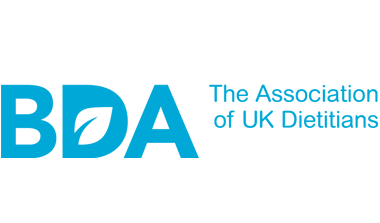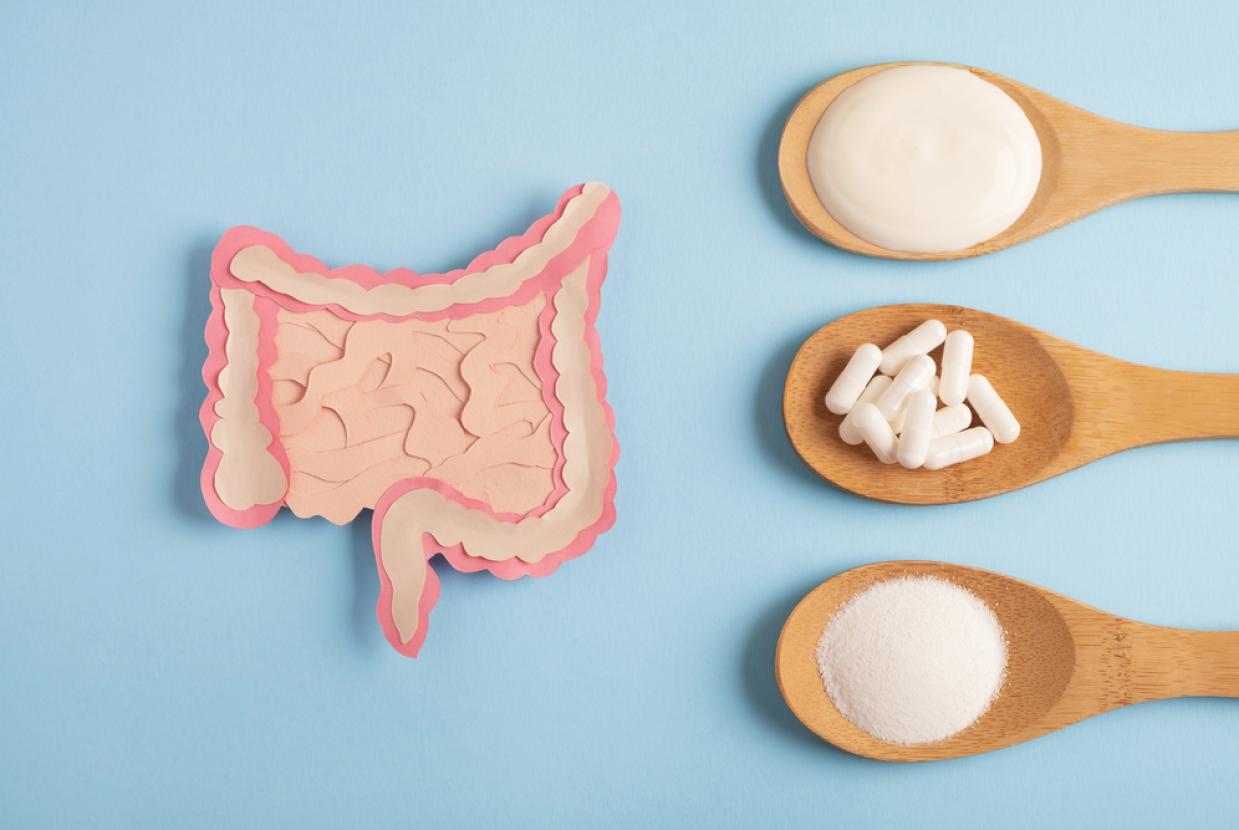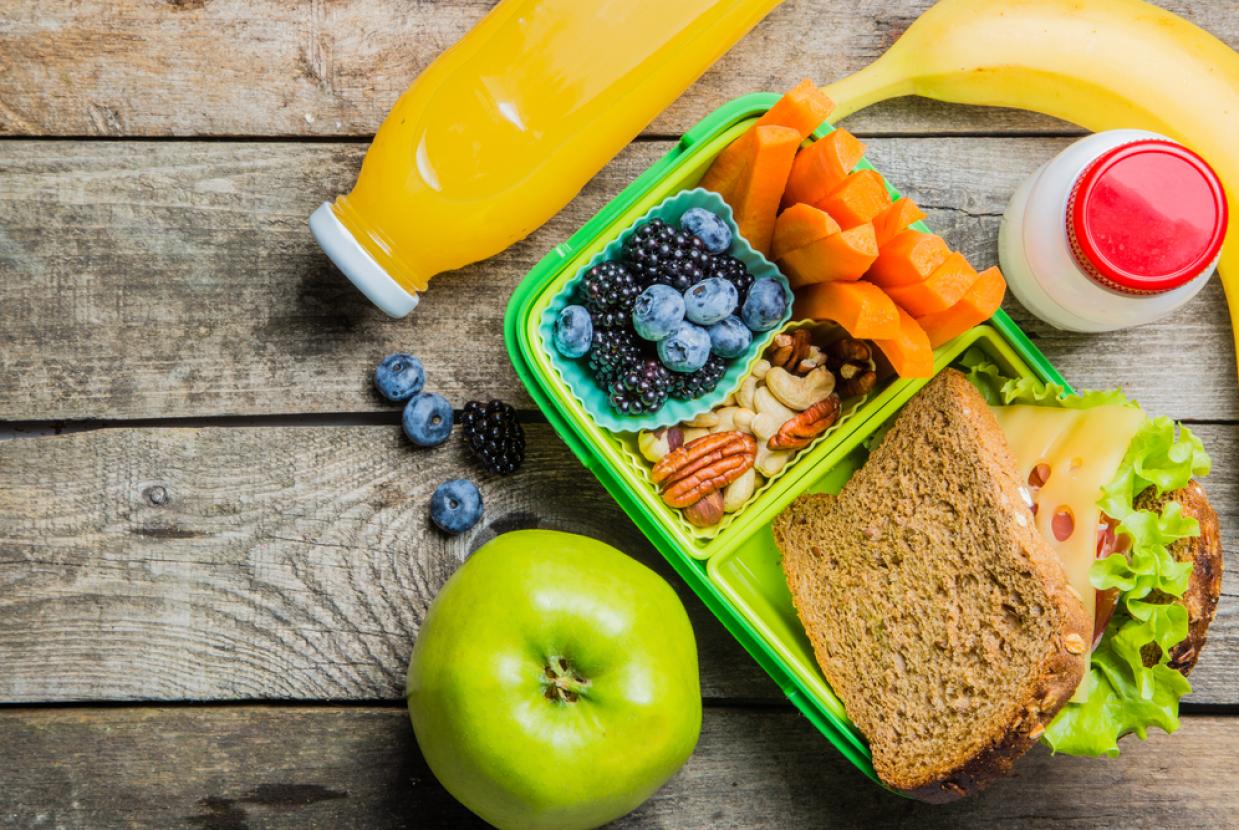Nutrition & Shift Work
Shift working has been a long-standing feature in workplaces such as health and social care, emergency and security services as well as in many manufacturing industries. As the move towards a 24-7 economy in the UK continues, this has expanded rapidly to include areas such as retail, customer services, road transport and communications. Currently, around 18% of UK employees have some form of shift work inherent in their role and there are over 3 million UK employees who work permanent or rotating night shifts.
We know that the workplace influences diet with around 60% of food eaten during working hours. Shift patterns can influence eating with the potential to impact on factors such as fatigue, concentration and mood as well as on longer-term physical and mental health.
The links between diet and health in shift workers is complex, involving interactions between sleep, light exposure, circadian rhythms and even genetic predisposition. Shift workers have been found to be more likely to report at least one longstanding medical condition. There appears to be a higher prevalence of central obesity and cardiovascular disease as well as type 2 diabetes, particularly in those working rotating shifts. Some studies also suggest a great incidence of gastrointestinal disorders, some types of cancer and mental health problems.
Which factors might contribute to diet-related health risks in shift workers?
1. Timing of eating (chrono nutrition)
There is increasing evidence that time of eating may influence health risks in both the general population and in shift workers. Eating a greater proportion of one’s daily food later in the day appears to impair glucose tolerance and blood lipid levels. This is particularly true of a sub-group of people who have a particular melatonin receptor-1b gene variant (MTNR1B). The evidence is not yet strong enough to make firm recommendations as to the optimal timing of eating in shift workers but there may be some benefits in:
- Consuming the main meal earlier in the biological day e.g. before a shift starts rather than during the night.
- Taking breaks which include drinks, lighter meals and/or healthy snacks during the night (rather than avoiding food & drink at night).
- Having a light rather than a heavy meal in 1-2 hours before bed as part of general sleep hygiene.
2. Diet quality
Focusing on the quality of the diet may be as important as timing. Food surveys have shown shift workers often report less nutritionally dense diets with lower fruit and vegetable intakes combined with higher free sugars and saturated fat consumption.
The reasons for this might include poor access to healthy food choices or vending when facilities are closed or reliance on speed convenience or sweetened caffeinated drinks to stay awake. Advice on including foods with a lower glycaemic index (GI), reducing sugar and saturated fat, choosing healthier snacks and drinks and limiting caffeine to within recommended levels can all be useful in improving diet quality in shift workers.
3. Irregular meal patterns
Shift work, and in particular rotating shifts, can cause disruption to family life and meal patterns. Shift workers may also take fewer breaks due to lack of opportunities and facilities or as a result of fewer prompts and cues from fellow co-workers.
Irregular eating patterns have been linked to a higher risk of central obesity and impaired glucose tolerance. We also know that missing meals, eating quickly and distracted eating or grazing can lead to overeating.
Shift workers can be encouraged to avoid skipping meals and to spread food intake more evenly throughout the waking period with a mix of light or heavy meals, snacks and drinks.
4. Short sleep duration
Short sleep is a known risk factor for weight gain and shift workers may be at particular risk if sleep is disrupted by light or noise during the day. A recent study looked at overweight adults who routinely slept for less than 6.5 hours. It found that sleep hygiene interventions to increase sleep duration by 1.2 hours led to reduced appetite and a decrease in daily energy intake of 270 calories. Improving sleep quality in shift workers may therefore be a strategy to help reduce weight gain.












































































































